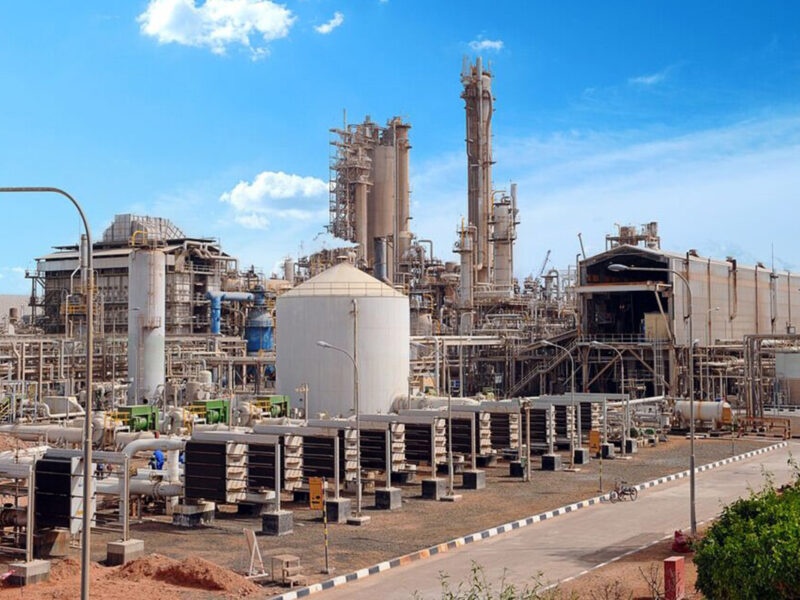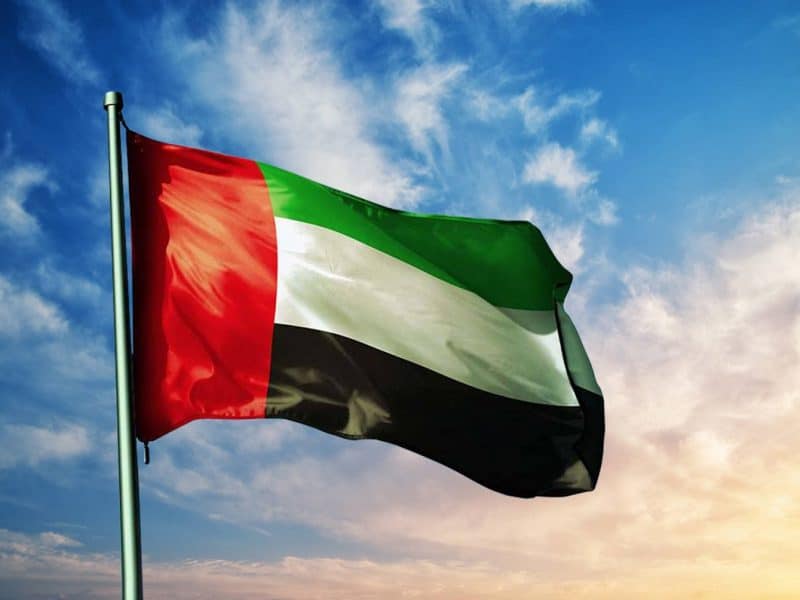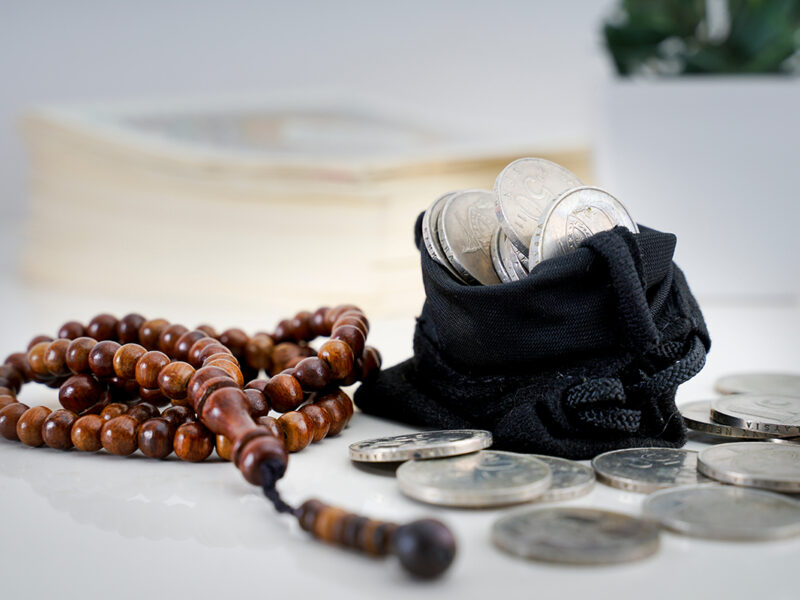Saudi Arabia’s inclusion in MSCI’s Emerging Markets is an important step in driving foreign investment to the kingdom and improvement foreign investor sentiment, according to experts.
The MSCI announced in June 2017 that it was evaluating an eventual inclusion of Saudi Arabia in its emerging market category, which has approximately $1.8 trillion in assets benchmarked to the gauge. The decision was confirmed last year.
The first stage of the addition began this week, with the second slated for August.
“Saudi Arabia’s inclusion in the MSCI’s Emerging Markets Index is a landmark achievement and will likely bring with it significant levels of foreign investment,” said Salah Shamma, the head of investment, MENA at Franklin Templeton Emerging Markets Equity. “We expect approximately $6.5 billion in flows to come into the market with this first phase of its inclusion into the index.”
Shamma added that Franklin Templeton believes that the “halo effect” of the Saudi inclusion will be felt across the region’s stock exchanges, making its allocation hard for investors to ignore.
“In our view, the MENA region provides investors with another diversified region with relatively low correlations to other emerging countries,” he added. “The region remains on a positive trajectory with improving macro fundamentals, growing corporate earnings and robust dividend yields.”
ETFs
Josette Rizk, the sales director of global asset management firm Invesco’s Middle East Institutional Team, said that the inclusion has already led to “strong demand” for exchange-traded funds (ETFs) in Saudi Arabia and the wider region.
“The primary driver behind the growth of ETFs in the country has been Saudi Arabia’s inclusion in the MSCI EM index and the strong economic reforms implemented by the Saudi government as part of its 2030 economic vision,” Rizk said. “Saudi Arabia’s inclusion is likely to renew investor interest, not just in the kingdom but across the Middle East as more investors realise the potential benefits of ETFs to access the region.”
Saudi Arabia or Dubai?
On Tuesday, shares in Saudi Arabia surged at the close, at the beginning of the MSCI inclusion. The Tadawul All Share Index rose 2 percent on the day, after fluctuating throughout the session, with banks contributing the most to the increase.
While Saudi stocks are increasingly gaining the attention of money managers, some believe that Dubai still offers bigger potential gains.
“We think the UAE has reached the bottom of its real estate cycle,” James Johnstone, the co-head of emerging and frontier markets at RWC Partners LLC was quoted as saying by Bloomberg. “We have been using that opportunity to reduce some of our Saudi holdings and reallocate it back into the UAE property stocks that are very cheap and attractively priced.”
Johnstone added that RWC likes Saudi Arabia, “but we think valuations are not cheap and some of the stocked reached full price. We saw a big rally in banks and petrochemicals.”
Thea Jamison, a portfolio manager at Change Global Investment, said that “Saudi Arabia’s stock market is expensive”, adding that return on equity and operating margin are unattractive when compared to Dubai.









